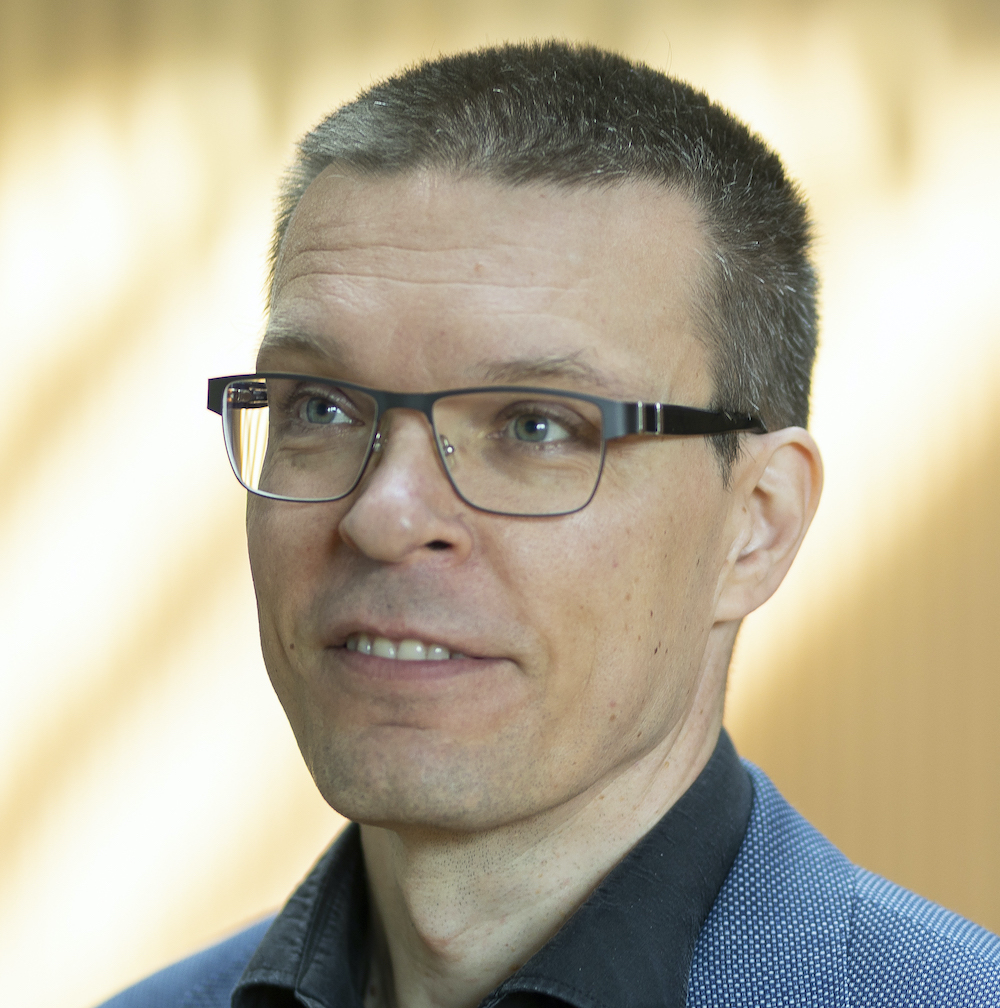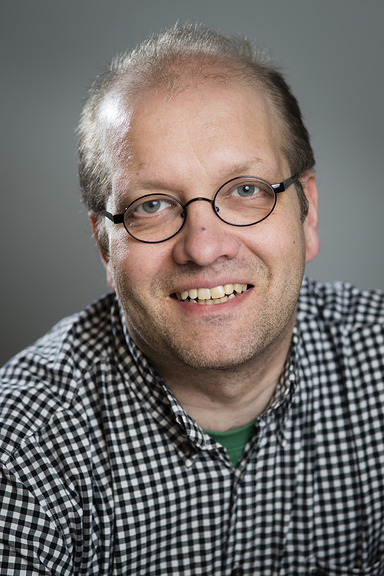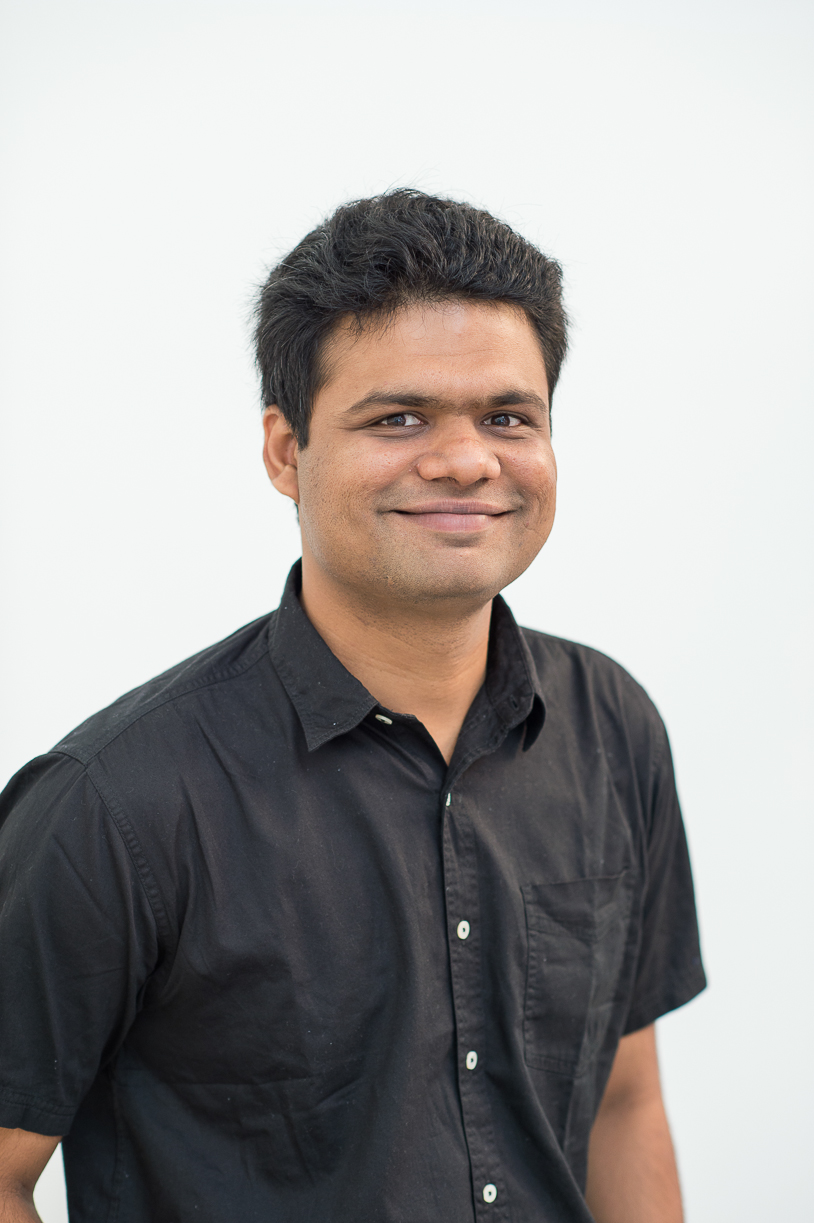Unlocking the full potential of custom-built enzymes
The BioDesign project is gathering scientists from molecular biology, synthetic biology, machine learning and computer science to work on an actively learning next-generation probabilistic model that is steered by insights from experts.
‘Generative models, such as ChatGPT and Stable Diffusion, have opened unprecedented opportunities for text and visual applications. Even though our project may not have quite as wide an audience, we believe that its potential impact could be similarly transformative,’ says Vikas Garg, assistant professor at Aalto University’s Department of Computer Science.
Garg’s research has focused on devising machine learning models that could help discover new proteins and molecules with desired properties, or what is referred to as the inverse protein folding problem. In 2018, Garg and his colleagues at MIT’s Computer Science and Artificial Intelligence Lab (CSAIL) were the first to introduce a graph-based deep learning model for generating new protein sequences that could fold into a given 3D protein structure.
More recently at Aalto, Garg has been working closely with Kaski, developing a generative model to create novel candidate molecules that resemble their real-world counterparts. Garg has also recently made inroads in developing proteins and molecules with designer functionalities.
‘We might want to design batteries with better efficiency, but lower power requirements and smaller carbon footprints,’ says Garg. ‘However, it is not always possible to perfectly segregate these factors. We’ve taken an important step toward tackling this issue in one of our recent papers by learning to unravel, and represent, complex interdependencies while disentangling the factors.’
Virtual laboratories allow human-AI collaboration to flourish
The BioDesign research team’s key idea is to construct a fully virtual cycle, or laboratory, for enzyme engineering, which allows human-AI collaboration to flourish. Virtual laboratories are AI-driven environments for simulated measurements with human designers and researchers. The outcomes of the simulations are tested in physical molecular biology laboratories, which generate experimental data. This data is fed back to the virtual simulations to increase learning and prediction power.
‘The virtual laboratory will help to not only incorporate new data as it becomes available from automated experiments, but also leverage human expertise in steering the AI model toward better solutions,’ says Kaski, who is developing AI methods for human-AI collaboration with his FCAI colleagues.
‘New enzymes discovered through this cycle could not only speed up current chemical reactions, but also enable alternative biological pathways toward synthesizing better materials, batteries, biofertilizers, and drugs,’ says Garg.
It is perhaps no surprise that synthetic biology is considered a key enabling technology for a sustainable future in the bioeconomy strategies of the EU and the US. Finland is well positioned to punch above its weight in the field, with investment and interest in the bioeconomy acceleration.
‘Finland has a world-class combination of competences both in AI methods development and molecular biology, which underpin research in synthetic biology,’ says Juho Rousu, professor of computer science at Aalto University, who leads a research group that develops machine learning methods, models and tools for small molecules. ‘The broader aim of this project is to keep Finland in the global forefront of synthetic biology and thereby enable advanced biomanufacturing to serve a sustainable circular bioeconomy.’
The research team is now hiring! Learn more at: https://www.aalto.fi/en/open-positions/doctoral-postdoctoral-and-research-fellow-positions-in-bio-design
















